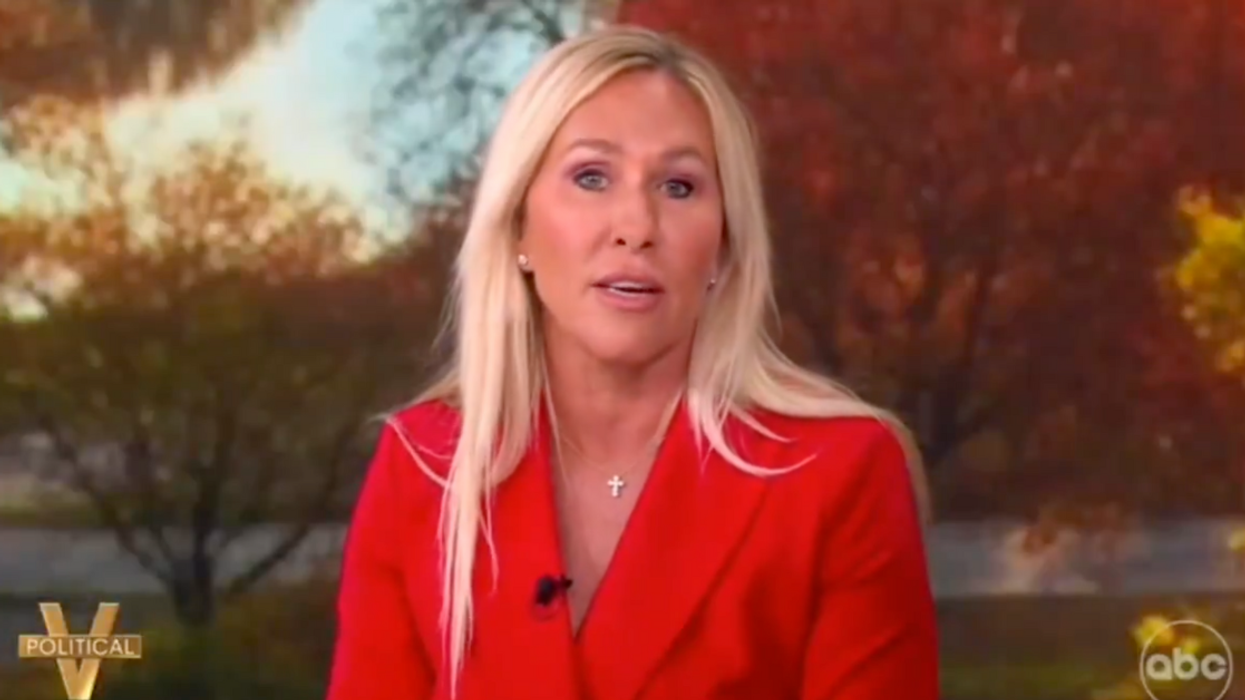Attorney General Merrick Garland recently announced he was doubling the number of attorneys at the Justice Department who are dedicated to enforcing voting rights in America. With all the hand-wringing around the problems Democrats are having passing the For the People Act this year, this was welcome news.
But what does it mean, exactly, to "enforce" voting rights? Aren't all these bills around the country still going to suppress minority voting to such an extent as to hand Congress back to the GOP?
Not so fast. Even though the Justice Department does not currently have one important tool contained within Section 5 of the Voting Rights Act (a power called "pre-clearance" where any change to the voting rules in certain jurisdictions must receive approval first from the DoJ, a power gutted by the Supreme Court in 2013), the Department still has the power to sue states that violate Section 2 of the Act.
In 1982, Congress amended Section 2 to provide that a plaintiff (say, a voter in Texas) could establish a violation if the evidence showed that, based on the "totality of the circumstance of the local electoral process," the law or rule being challenged had the result of denying a racial minority an equal opportunity to participate in the political process. That standard certainly raises a host of questions surrounding the laws being rammed through now, which generally impact minority voters far more than white voters.
The Supreme Court later explained in the Thornburg case in 1986 that the "essence of a Section 2 claim is that a certain electoral law, practice, or structure interacts with social and historical conditions to cause an inequality in the opportunities enjoyed by black and white voters to elect their preferred representatives." Under Thornburg and the considerations laid out by Congress, the Justice Department could and almost certainly will bring suit against many states this year for violations of Section 2.
To prevail, the DoJ would need to show that the rule or law was adopted, at least in part, because it would harm minority voting strength. In other words, there is an "intent" element to these cases that the parties will need to slog through. While this raises the bar for proof of intent, it also may not be a great look for the GOP. Over the course of the next year, as these laws are challenged, the record behind them will be made clear to the voters, including the fact that these laws were in fact targeted with the intent of disenfranchising minority voters.
To strike down these laws effectively across so many states, the Department clearly needed to ramp up its staffing because in each state the case will examine a different record and for that you need more lawyers. That is why Garland's announcement matters. Federal judges will be called upon by DoJ voting rights prosecutors in each case to look closely at what transpired in the state legislature. It should be noted, the last time the GOP came into courts around the country with a record that didn't support their position in the election lawsuits, they lost badly—60 to 1.
One big caveat: The Supreme Court is deciding a case out of Arizona this year, Brnovich v. Democrat National Committee, which might redefine what constitutes a violation of Section 2. While liberal justices will want to preserve a "impact" standard for any voting law changes, some conservatives would allow a defense to a Section 2 violation on the ground that a law is "race-neutral" on its face, even though this could and would result in a disparate impact. (This is badly reasoned; for example, allowing only one ballot drop box per county in Texas is a facially "neutral" law that happens to impact large, minority-heavy areas like Harris County far more than others.) Whatever standard the Supreme Court comes up with will dictate how many of these cases are decided.
Bottom line: While the For the People Act and the John Lewis Voting Rights Advancement Act would grant a great deal more firepower to the Justice Department, they aren't strictly necessary to put a halt to some of the most egregious violations of Section 2 of the Voting Rights Act. Expect to see, over the next few weeks and months, lawsuits filed by the Department to enjoin these laws and force the states to defend their actions in federal court.

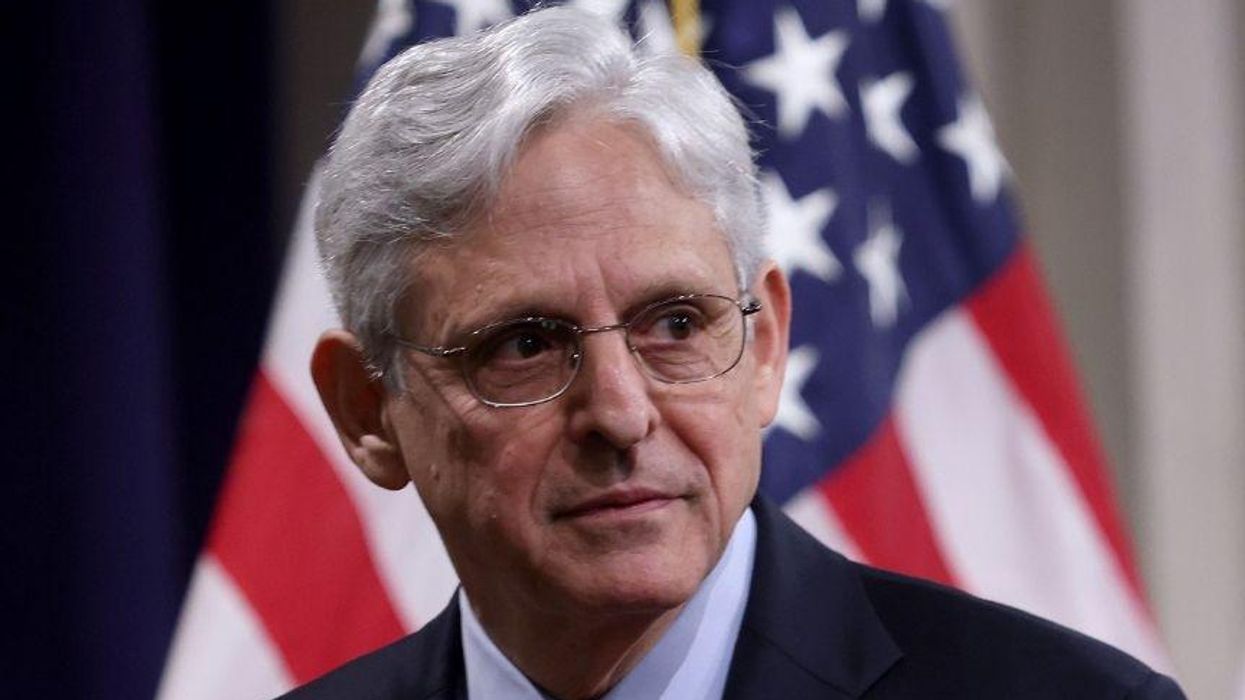
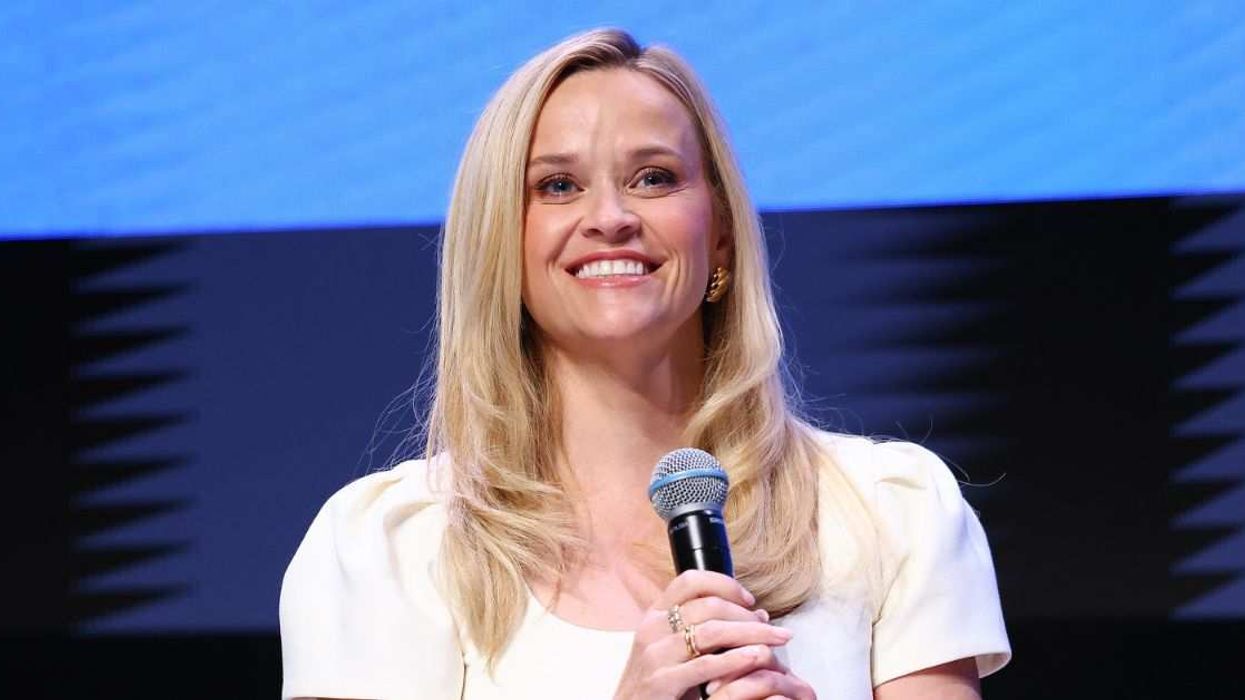
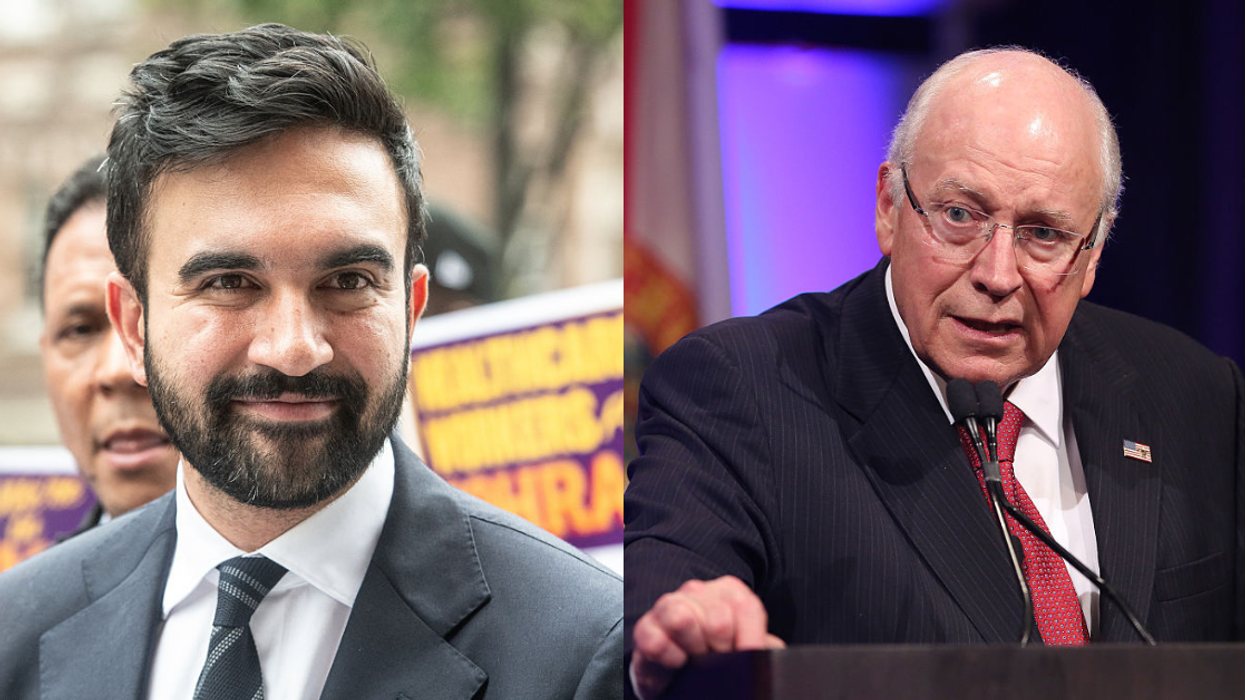

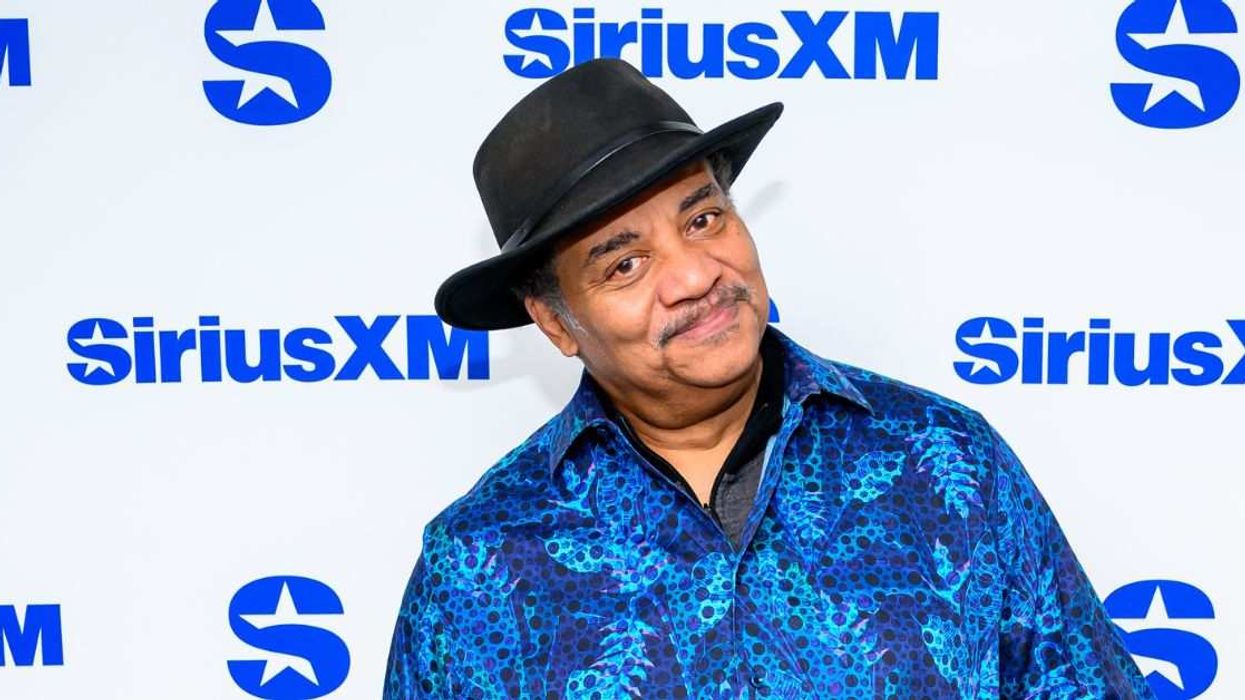
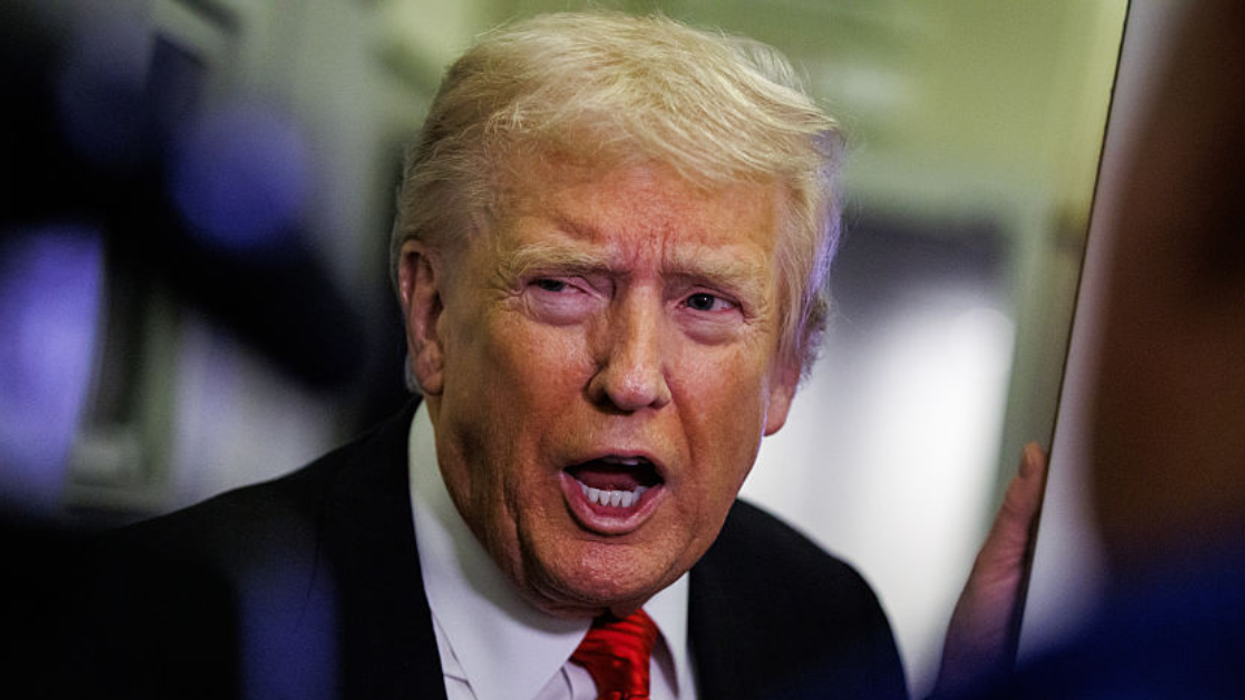
 @realDonaldTrump/Truth Social
@realDonaldTrump/Truth Social @realDonaldTrump/Truth Social
@realDonaldTrump/Truth Social @realDonaldTrump/Truth Social
@realDonaldTrump/Truth Social @realDonaldTrump/Truth Social
@realDonaldTrump/Truth Social


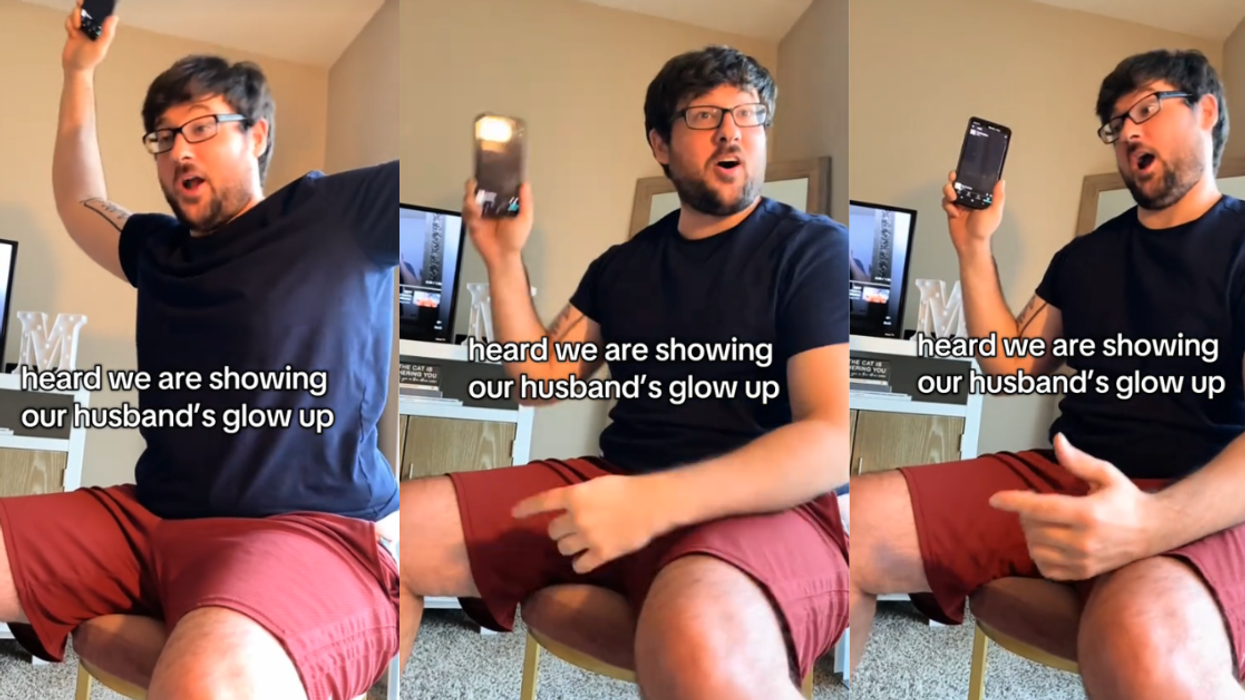


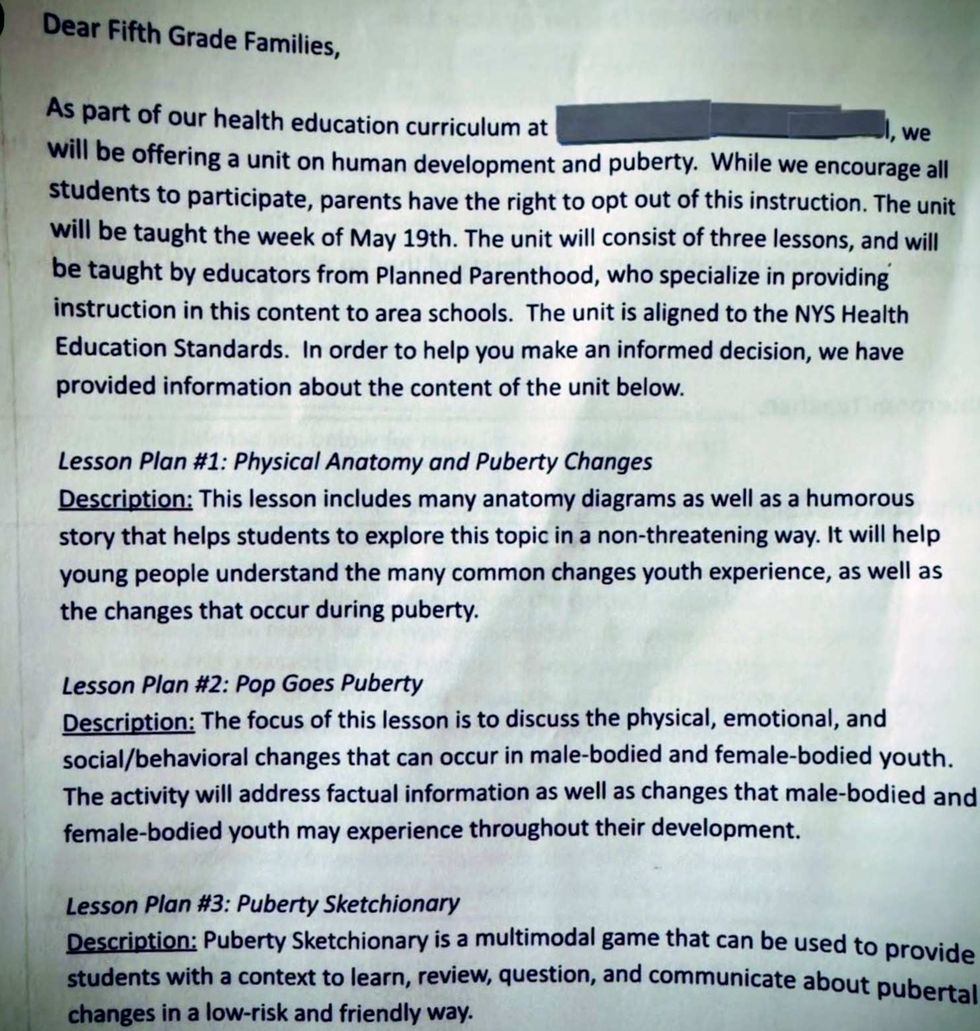 @deltaozzimo/X
@deltaozzimo/X @deltaozzimo/Instagram
@deltaozzimo/Instagram Sh*tposting 101/Facebook
Sh*tposting 101/Facebook @deltaozzimo/X
@deltaozzimo/X Sh*tposting 101/Facebook
Sh*tposting 101/Facebook Sh*tposting 101/Facebook
Sh*tposting 101/Facebook Sh*tposting 101/Facebook
Sh*tposting 101/Facebook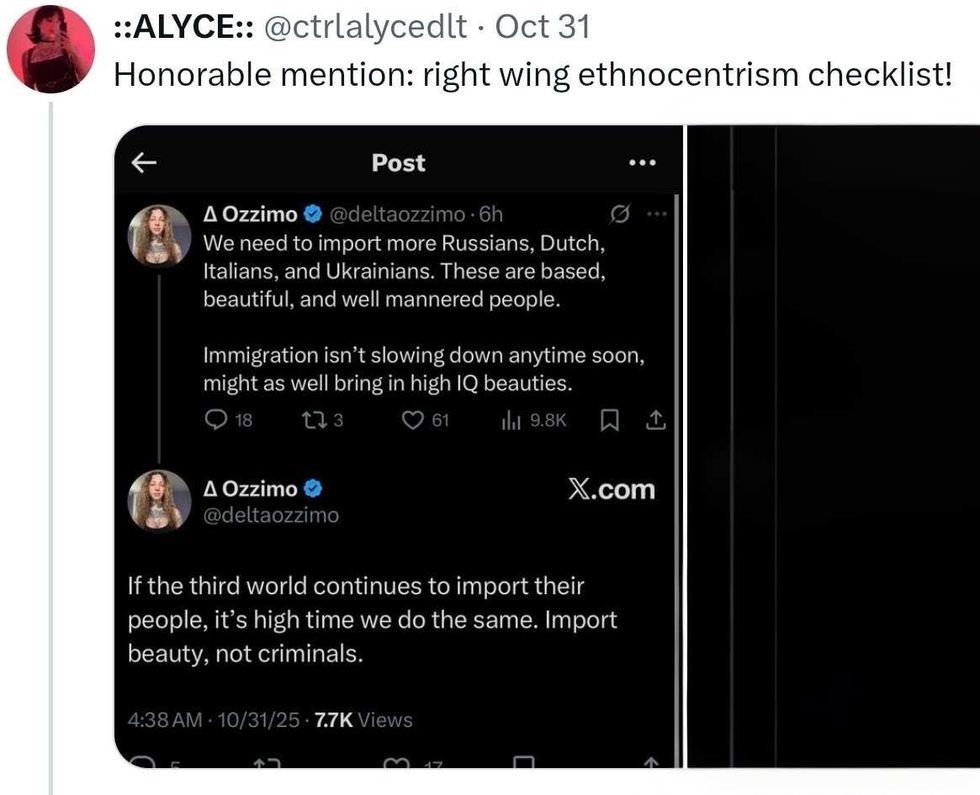 @deltaozzimo/X
@deltaozzimo/X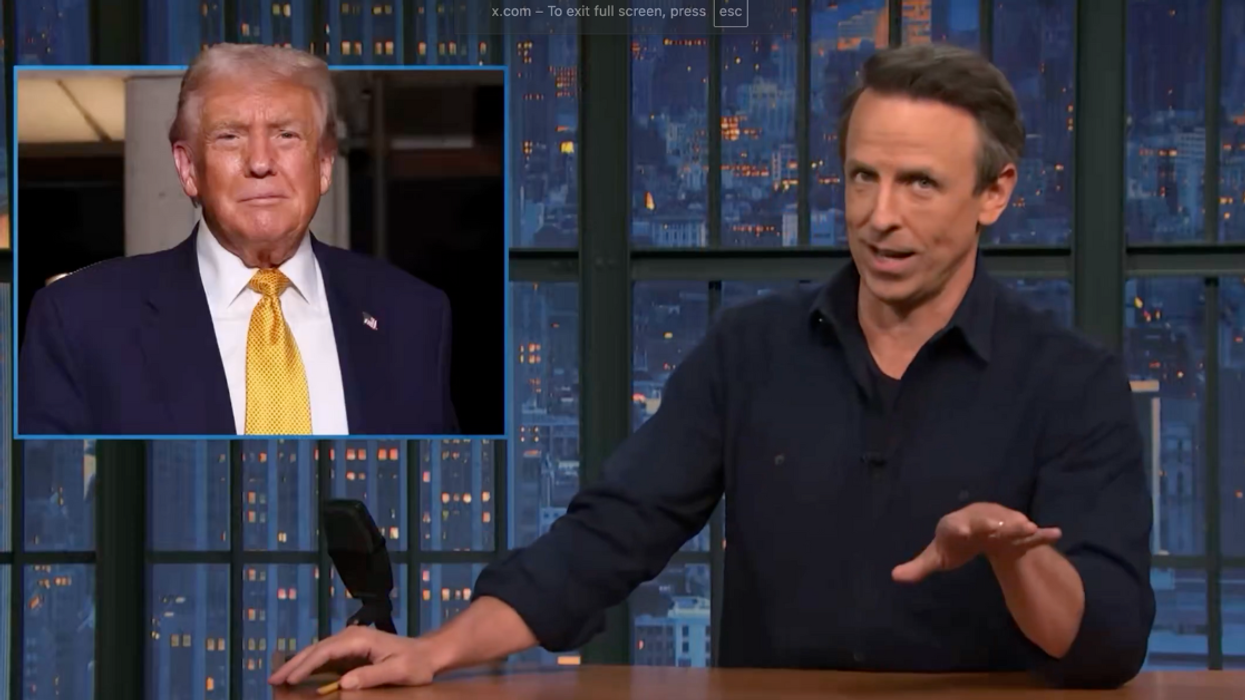
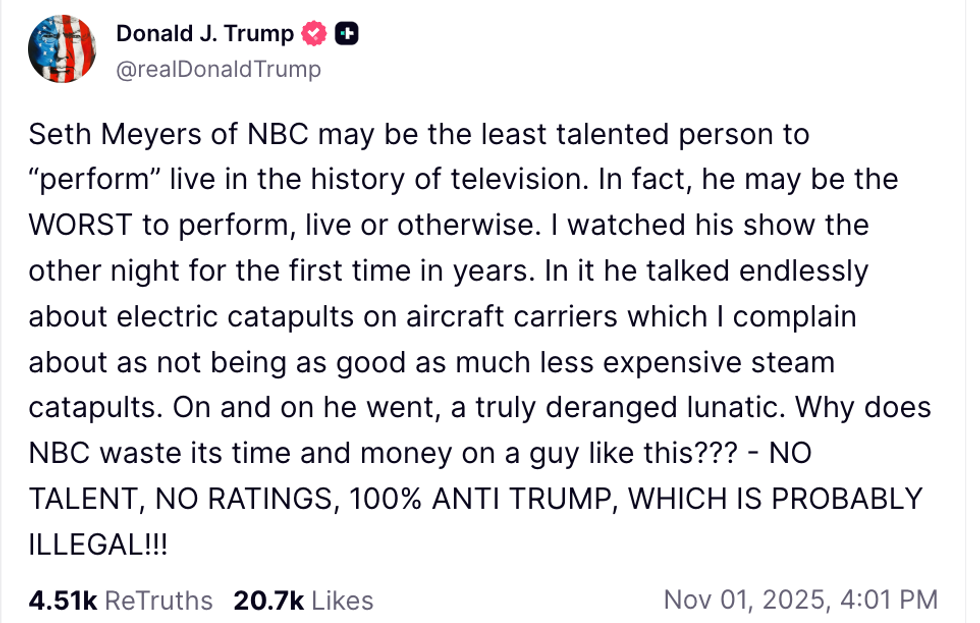 @realDonaldTrump/Truth Social
@realDonaldTrump/Truth Social
 @rootednjoyy/TikTok
@rootednjoyy/TikTok @rootednjoyy/TikTok
@rootednjoyy/TikTok @rootednjoyy/TikTok
@rootednjoyy/TikTok @rootednjoyy/TikTok
@rootednjoyy/TikTok @rootednjoyy/TikTok
@rootednjoyy/TikTok @rootednjoyy/TikTok
@rootednjoyy/TikTok @rootednjoyy/TikTok
@rootednjoyy/TikTok @rootednjoyy/TikTok
@rootednjoyy/TikTok @rootednjoyy/TikTok
@rootednjoyy/TikTok @rootednjoyy/TikTok
@rootednjoyy/TikTok @rootednjoyy/TikTok
@rootednjoyy/TikTok @rootednjoyy/TikTok
@rootednjoyy/TikTok @rootednjoyy/TikTok
@rootednjoyy/TikTok @rootednjoyy/TikTok
@rootednjoyy/TikTok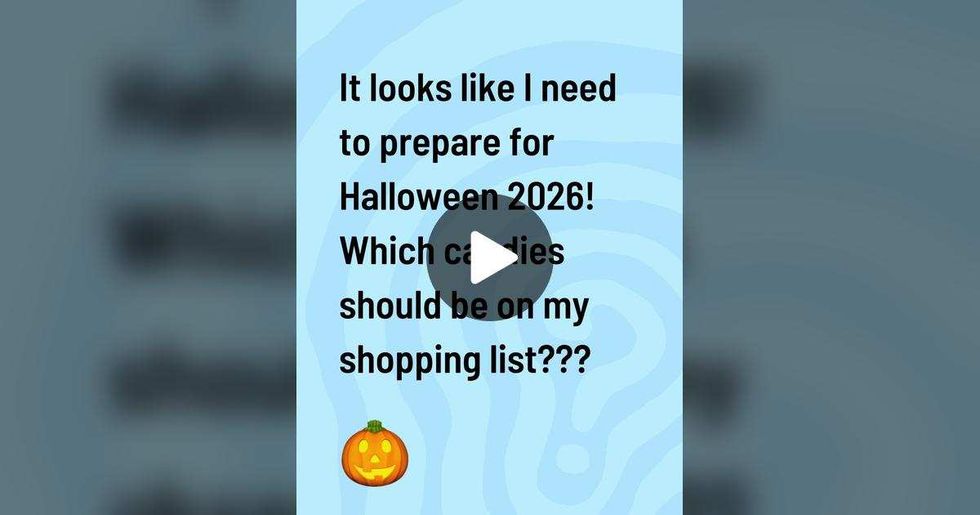
 @rootednjoyy/TikTok
@rootednjoyy/TikTok @rootednjoyy/TikTok
@rootednjoyy/TikTok @rootednjoyy/TikTok
@rootednjoyy/TikTok @rootednjoyy/TikTok
@rootednjoyy/TikTok @rootednjoyy/TikTok
@rootednjoyy/TikTok @rootednjoyy/TikTok
@rootednjoyy/TikTok @rootednjoyy/TikTok
@rootednjoyy/TikTok @rootednjoyy/TikTok
@rootednjoyy/TikTok @rootednjoyy/TikTok
@rootednjoyy/TikTok @rootednjoyy/TikTok
@rootednjoyy/TikTok